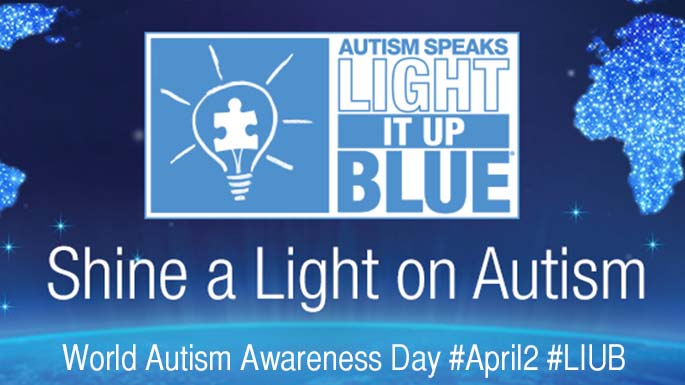
2019-04-02T06:44:46
Autism spectrum disorder (ASD) is a developmental disorder that affects communication and behaviour. According to the Diagnostic and Statistical Manual of Mental Disorders (DSM-5), people with ASD have: • Difficulty with communication and interaction with other people • Restricted interests and repetitive behaviours • Symptoms that hurt the person’s ability to function properly in school, work, and other areas of life What are the signs of autism? The timing and intensity of autism’s early signs vary widely. Some infants show hints in their first months. In others, behaviours become obvious as late as age 2 or 3. The following may indicate your child is at risk for an autism spectrum disorder. If your child exhibits any of the following, ask your pediatrician or family doctor for an evaluation right away: By 6 months • Few or no big smiles or other warm, joyful and engaging expressions • Limited or no eye contact By 9 months • Little or no back-and-forth sharing of sounds, smiles or other facial expressions By 12 months • Little or no babbling • Little or no back-and-forth gestures such as pointing, showing, reaching or waving • Little or no response to name By 16 months • Very few or no words By 24 months • Very few or no meaningful, two-word phrases (not including imitating or repeating) At any age • Loss of previously acquired speech, babbling or social skills • Avoidance of eye contact • Persistent preference for solitude • Difficulty understanding other people’s feelings • Delayed language development • Persistent repetition of words or phrases (echolalia) • Resistance to minor changes in routine or surroundings • Restricted interests • Repetitive behaviours (flapping, rocking, spinning, etc.) • Unusual and intense reactions to sounds, smells, tastes, textures, lights and/or colors It is of utmost importance that an assessment by a qualified team, consisting for various professionals like developmental paediatrician, speech language pathologist, sensory integration therapists, psychologists, special educators and most important parents, be carried out to find out strengths and weaknesses. Early intervention is of utmost importance. The earlier we start, better it is for children for inclusion in the society. Together we can achieve it! Let's spread awareness and work together!

Have a question? Ask here!
Required fields are marked *